Nature-based learning environments have gained immense popularity in Florida and other states as they offer a unique and engaging approach to education. These environments encourage children to step outdoors, stay active, and explore and understand their natural surroundings while blending learning with play.
Whether it’s mommy-and-me programs, preschool initiatives, or K-12 education, nature-based settings provide families with diverse options to foster their children’s growth and development. There are important regulations which may affect how educators and parents operate such programs, as the story of a nature-based Montessori homeschool co-op illustrates. To ensure founders can flourish in this space here’s one story about a founder how had to navigate this exciting space and the lessons other founders can learn.
During the COVID-19 pandemic, Jill* embarked on a journey to create a nature-based Montessori homeschool co-op in her two-acre backyard. The co-op began with her own children and eventually expanded to include around 40 young learners with multiple guides. Parents had the flexibility to either drop off their children or stay on the premises, accommodating children aged three to seven. The program ran up to five days a week, providing alternative attendance options. That all came to an end when Florida’s Department of Children and Families knocked on Jill’s door.
Florida defines child care and child care facilities broadly. According to Florida Statutes 402.302, any arrangement or center providing child care for more than five unrelated children and receiving payment, fees, or grants for any of the children must be licensed, regardless of whether it operates for profit or not. Although the definition specifically excludes public and nonpublic schools, summer camps, bible schools and certain other religious educational gatherings, this definition encompasses programs that are not necessarily housed in traditional buildings or confined spaces, potentially affecting many nature-based learning environments.
While there are exemptions from child care regulations in Florida, they are limited, and not all nature-based programs qualify for them. The most comprehensive exemption is for programs that are an integral part of a church or parochial school. These programs do not require licensing but must meet local health, sanitation, safety requirements, and child care background screening.
Other exemptions relate to programs designed for school-aged children or those that operate for limited hours. These include open-access programs, instructional/tutorial programs, programs affiliated with national non-profit organizations, and programs exclusively for children in grade six and above. While exempt from licensing requirements they may need to meet other specific requirements, including compliance with child care background screening.
Jill’s nature-based Montessori homeschool co-op did not qualify for any of the available exemptions due to the ages of the children and the co-op’s homeschooling model. As a result, Jill faced the challenge of either closing down or becoming a licensed child care facility. The latter option required meeting numerous requirements, including facility standards, staff qualifications, training, and zoning regulations. Luckily the families participating in Jill’s co-op agreed to remain on site at all times enabling Jill to avoid being subject to the higher barriers of child care regulations. However, that is generally not the case.
Child care laws and regulations in Florida are stringent, with few options available for unconventional learning environments. Failure to comply with these regulations can result in misdemeanor charges and fines and may ultimately lead to the closure of the program, resulting in upheaval for both operators and families. Therefore, it is crucial to understand how child care laws apply to your specific nature-based learning environment and plan accordingly.
For those navigating the complex regulatory landscape in Florida or any other state, the Edupreneur Support Program from yes. every kid. foundation. can provide invaluable assistance. This program offers confidential legal support to education entrepreneurs at no cost. The team can help you understand the intricacies of child care laws, explore available exemptions, and ensure your nature-based or other learning environment remains compliant while providing enriching experiences for children.
* At the request of the founder, we shared her story but changed her name.
